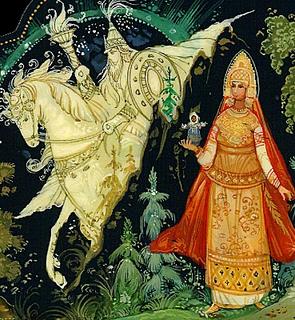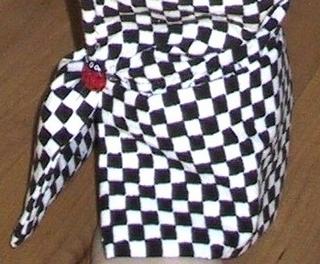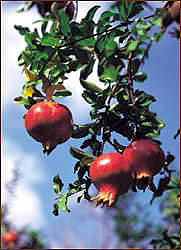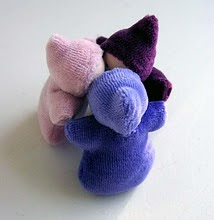
"Mama don't allow no music playin' 'round here.
Mama don't allow no music playin' 'round here.
Now we don't care what Mama don't allow,
Gonna play our music anyhow,
Mama don't allow no music playin' round here."
This song is the centerpoint for the illustrated book, Mama Don't Allow, by Thacher Hurd. It's got something for everyone in the audience: teenage rebellion, wisdom acquired through harrowing situations, and finally, the respect and admiration of one's elders. I used to worry that someone in the audience would say, "You're vilifying the mother!" but anyone with an iota of a sense of humor should recognize the irony in the situation: in real life, parents often have to beg, cajole, bribe and threaten their children into practicing their instruments. The book and song is one of Lucia's favorites. (I know I write that a lot. Every time, it's true.) We've checked it out of the library four times, and I finally bought a paperback copy yesterday. I'm working on the accompanying guitar chords. Nancy says that since I don't know how to play a D minor 7 chord, I can play a D minor chord, and it'll be no problem at all. Such is the nature of folk guitar. Purists would shudder, but I'm not playing for purists.
You can listen to a sample of the song as arranged by Fox and Branch. If you interest is piqued, here an article about how the music was recorded for the Reading Rainbow presentation of the book with the saxaphone playing of Tom Scott.
In our household, we don't stop with "Mama," for why should I have all the
By the way, if you're not ready for two or three-chord songs, here's a good one-chord song to play in storytime: All Around the Kitchen (Cock-a-doodle-doodle-doo.) You'll need some sort of guitar-strap so you can dance around the room. I am thinking of ABCGirl in particular. This song has your name written all over it.
P.S. I wrote my first song on the guitar tonight. There's a song in Mama Don't Allow called "Swampland Lullaby," (written by Thacher Hurd) but unlike the title song, there's no music for it. It would be silly to play one song on the guitar but not the other. So, I made one up. I am not sure about the whole copyright deal, so I shall refrain from posting the song. Please email me if you're interested in my chord arrangement, and I'll send it to you.

















